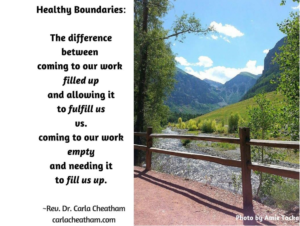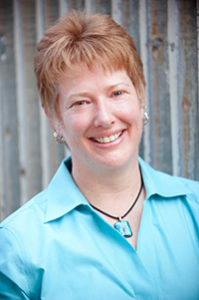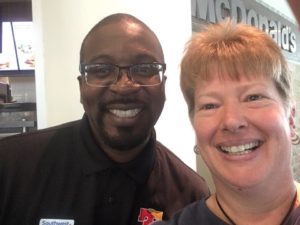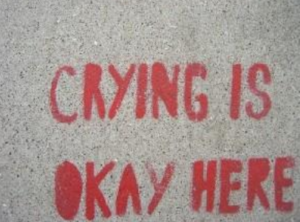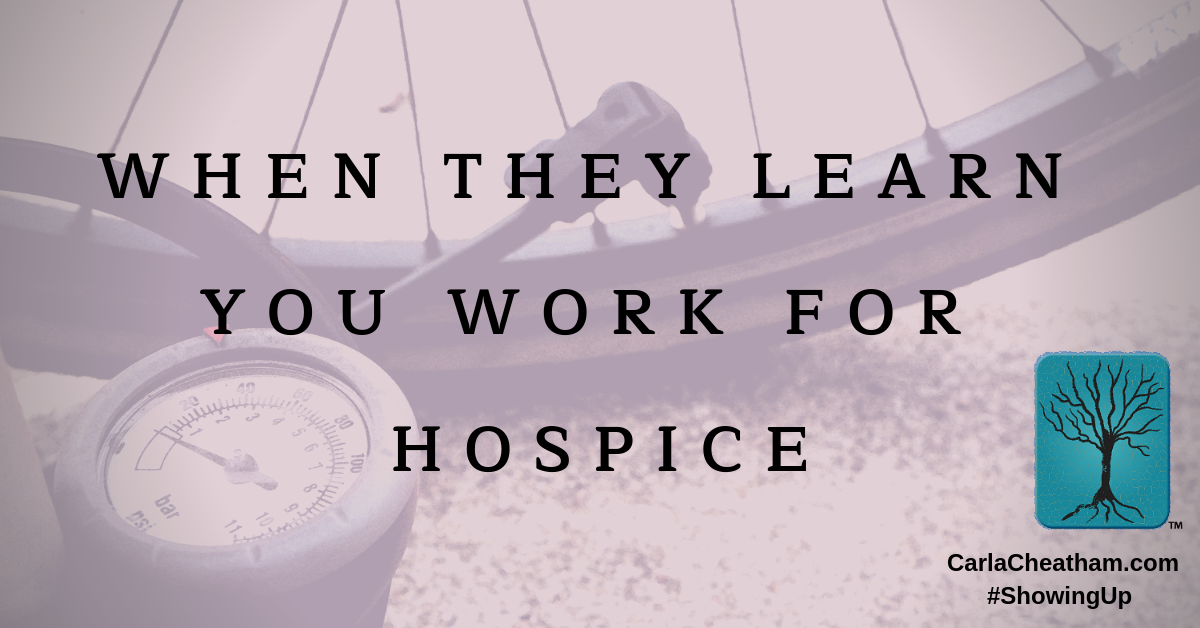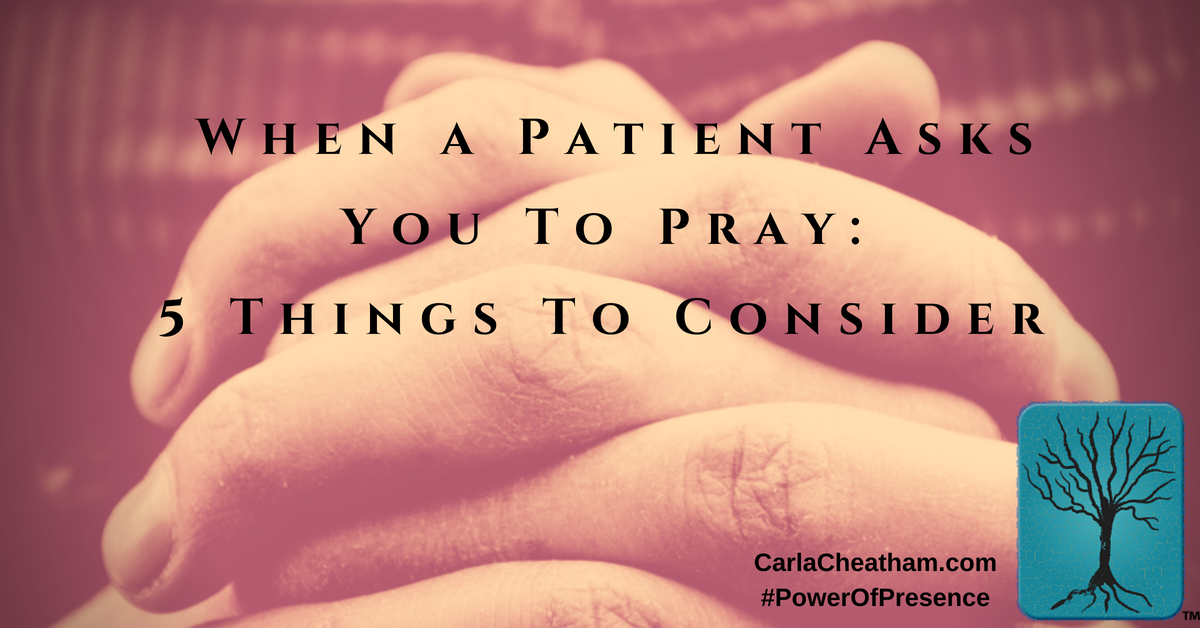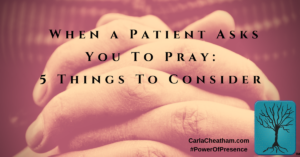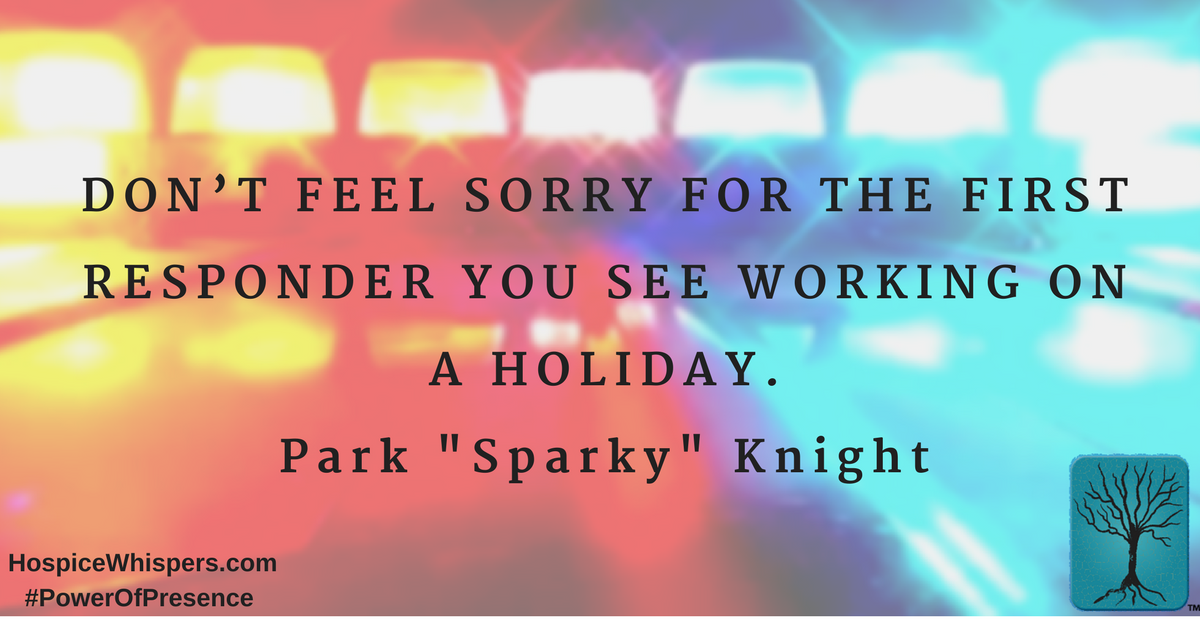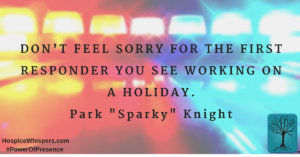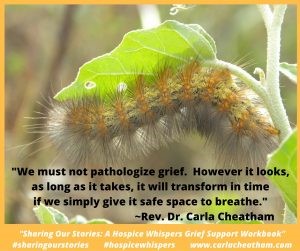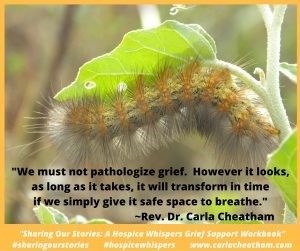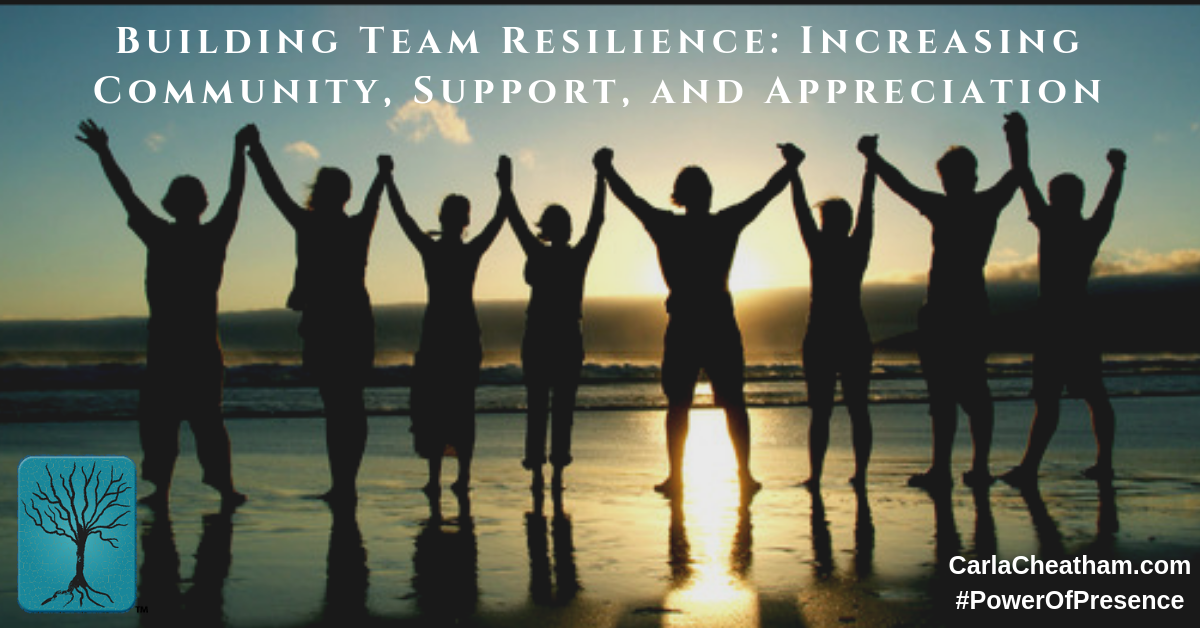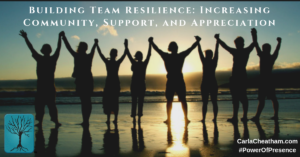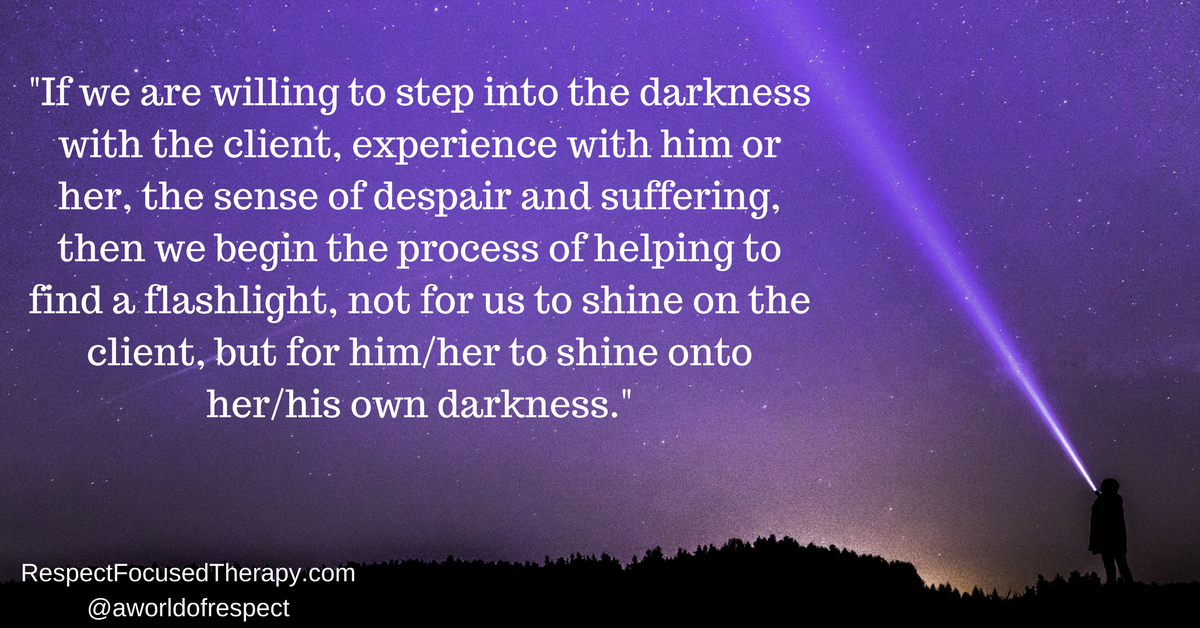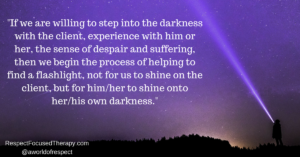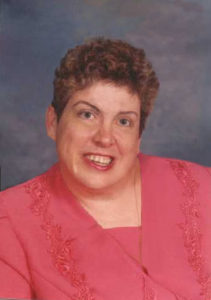

I see and hear many grappling with what it means to be “essential” as a healthcare worker and how to find connection virtually when in-person visits are not ethical, wise, or possible.
To me, this speaks to even deeper conversations about our own esteem, sense of worth, and attachment styles as we seek a greater ability to connect when physical touch or in-person presence is not possible.
What if it’s not the masks that cover our mouths that are the issue, but the masks we wear to protect us from being seen that inhibits our presence with others?
The first time I cared for someone whose HIV had become AIDS with open sores, cough, and death a matter of weeks away, I named the discomfort in the room. I felt awful touching him only with a gloved hand and trying to exude caring presence from behind a surgical mask. I projected that it added to the sense of rejection he had experienced because of others’ homophobia and ignorance-based fear about the disease.
His gracious and genuine response was that the warmth of my wanting to be present with him and hold his hand was more than enough and that the smile he could not see my mouth form made it’s way easily to my eyes, so it was still clear.
Our training as caregivers teaches us to examine our own issues that arise in the care relationship; ways we are projecting our own stuff onto others. Then, we can find peace and grounding to be a calm presence with others, free from distraction.
Yes, this all sucks. Yes, it’s hard. And, perhaps this is a call to deepen our ability to be present without relying on touch or proximity. Perhaps in this time, we can learn an even more authentic and vulnerable way of attuning and connecting, to ourselves first and then to those for whom we care.
So much so that it will matter far less whether we are at the bedside, on-screen, or on the phone; our presence will be so pure that modailty will be of little consequence.
What if you thought of it
as the Jews consider the Sabbath—
the most sacred of times?Cease from travel.
Cease from buying and selling.
Give up, just for now, on trying to make the world different than it is.
Sing. Pray.
Touch only those to whom you commit your life.
Center down.
And when your body has become still, reach out with your heart.
Know that we are connected in ways that are terrifying and beautiful. (You could hardly deny it now.)
Know that our lives are in one another’s hands. (Surely, that has come clear.)
Do not reach out your hands. Reach out your heart. Reach out your words. Reach out all the tendrils of compassion that move, invisibly, where we cannot touch.
Promise this world your love–for better or for worse, in sickness and in health, so long as we all shall live.
Much peace to us all as we walk this journey together.
Carla
 Rev. Carla Cheatham, MA, MDiv, PhD, TRT served in social services for decades and now is a trainer, speaker, coach, consultant, and writer. She focuses on the components of emotional intelligence that allow caregivers to show up well for themselves so they can show up well for others. Building resilience in professionals, family members, leaders, and teams is her greatest passion. She’s the Chair of the National Hopsice and Palliative Care Organization’s Ethics Advisory Council, and an adjunct professor at the Seminary of the Southwest and an Assistant Professor for the MS in Palliative Care at the University of Maryland. Through her Carla Cheatham Consulting Group, Carla provides training and consulting for professional caregivers nationwide. She is the author of Hospice Whispers: Stories of Life and its companion volume, Sharing Our Stories: A Hospice Whispers Grief Support Workbook. Her next book, On Showing Up with Suffering: Others’ and Our Own, is set to publish in 2020.
Rev. Carla Cheatham, MA, MDiv, PhD, TRT served in social services for decades and now is a trainer, speaker, coach, consultant, and writer. She focuses on the components of emotional intelligence that allow caregivers to show up well for themselves so they can show up well for others. Building resilience in professionals, family members, leaders, and teams is her greatest passion. She’s the Chair of the National Hopsice and Palliative Care Organization’s Ethics Advisory Council, and an adjunct professor at the Seminary of the Southwest and an Assistant Professor for the MS in Palliative Care at the University of Maryland. Through her Carla Cheatham Consulting Group, Carla provides training and consulting for professional caregivers nationwide. She is the author of Hospice Whispers: Stories of Life and its companion volume, Sharing Our Stories: A Hospice Whispers Grief Support Workbook. Her next book, On Showing Up with Suffering: Others’ and Our Own, is set to publish in 2020.



